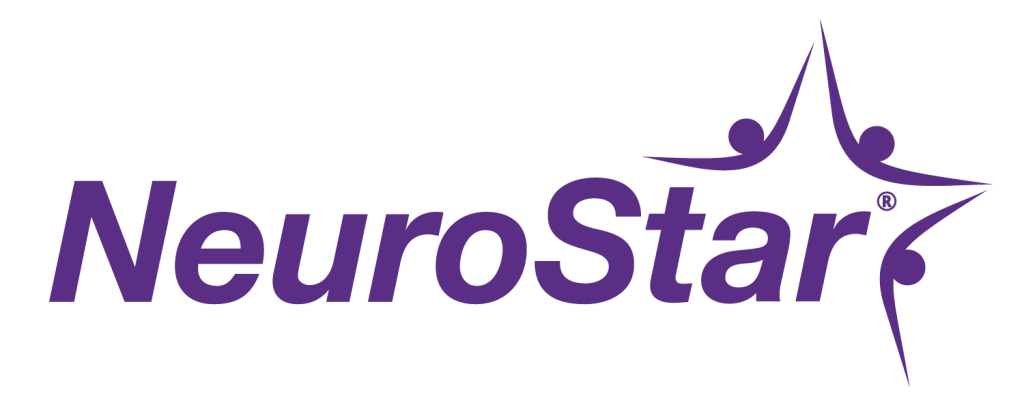Medical Informatics (MI) is the recognized interdisciplinary medical specialty in the United States concerned with the development, design, adoption, application of and innovation of computer based tools. It is intended to improve the delivery and management of health and making health data information available to facilities where clinical care is provided. MI utilizes data as communications tools to improve the patient’ clinical care through the use of computers. There are two computer-technology areas that MI focuses the most; (a) Software Technology and (b) Data Communications (i.e. HIT and HIE respectively). EHRs are one of a myriad of HIT software and technology tools. EHR’s acquire, collect, generate, store and use electronic health data in an improved manner, as compared to the old paper records.
Since its inception in the United States in the last decade, it has undergone a rapid evolution in the use of computers in healthcare requiring the need for education and implementation of computer systems in order to reflect these changes. In the past, inpatient and outpatient practices used computers primarily for administrative and financial functions. More recently, computers have been utilized to provide services in clinical areas. As a result, health and affiliated professionals increasingly need to understand and adopt computing and data-communications technologies specifically targeted towards health care as part of their arsenal of tools to access, view, analyze and share patient data.
Unfortunately, as with paper charts, there are variations in the electronic health records which do not necessarily fit in all situations and medical specialties. Henceforth, many health organizations try one EHR to find that they either have to accommodate their practice(s) around the EHR, or consider another EHR variant, which may lead to loss of patient data. This can lead to medical and legal issues.
In order to reduce any legal consequences, medical offices and organizations have to identify the “best” Electronic Health Record (EHR) software and Health Information Technology (HID) that will suit their needs and not fall into the trap of choosing a software-based on what others say they use or works for them. The problem has been the “vendor feeding frenzy” that has taken over almost everyone’s practice and emotional stability. Concurrently, the most dreaded and feared has also happened and will continue root itself unless physicians act fast; we’ve become “slaves of new masters” as exemplified by the way EHR system vendors (to whom we’ve provided our data) hold us hostages to their systems. For example, once data is inserted into one EHR system it cannot be migrated to another system in the very-likely event that we need to change our EHR.
We can’t predict what the future of health care in the US will look like, but one thing is unquestionable, data will be captured, maintained, managed and shared electronically. The inevitable growth, influence and recent recognition of medical informatics as a medical sub specialty, dictates how the future of health care will be supported.
Revised 2/15/16


